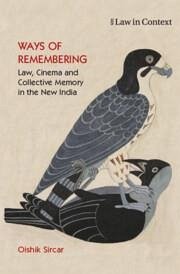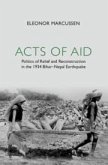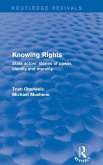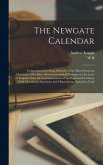"Ways of Remembering tells a story about the relationship between secular law and religious violence by studying the memorialisation of the 2002 Gujarat pogrom-postcolonial India's most litigated and mediatized event of anti-Muslim mass violence. By reading judgments and films on the pogrom through a novel interpretive framework, the book argues that the shared narrative of law and cinema engenders ways of remembering the pogrom in which the rationality of secular law offers a resolution to the irrationality of religious violence. In the public's collective memory, the force of this rationality simultaneously condemns and normalises violence against Muslims while exonerating secular law from its role in enabling the pogrom, thus keeping the violent (legal) order against India's Muslim citizens intact. The book contends that in foregrounding law's aesthetic dimensions we see the discursive ways in which secular law organizes violence and presents itself as the panacea for that very violence"--
Hinweis: Dieser Artikel kann nur an eine deutsche Lieferadresse ausgeliefert werden.
Hinweis: Dieser Artikel kann nur an eine deutsche Lieferadresse ausgeliefert werden.








